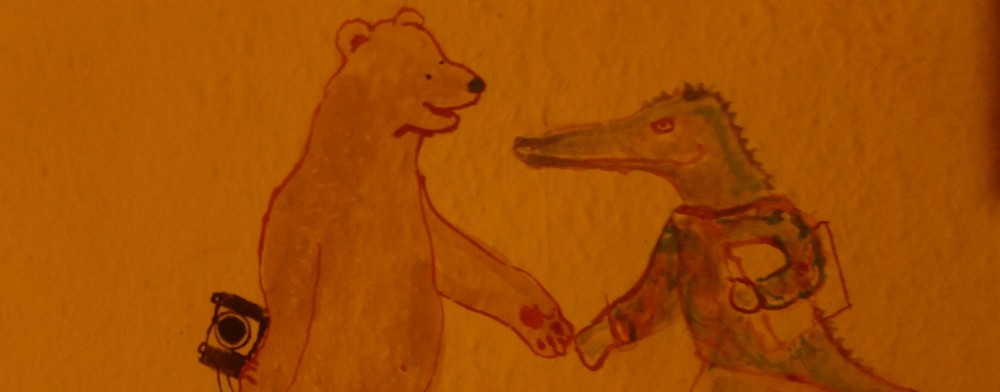The G8 last landed on our Atlantic Archipelago for their 2005 summit in Gleneagles, Scotland. Much has changed as civil society and global citizens meet in Belfast for the Fairer World Festival and in Fermanagh for the G8 not welcome events this weekend.
In the eight years which have passed, we have been battered by the greatest financial crisis ever, while climate change continues to spiral out of control and the solutions to the converging crises fail to break out of the thinking that created it.
Yet we have been buoyed too, by movements for democracy, equality, social justice and environmental sustainability which have sprung up across the globe and show no sign of abating. There is a sense that this is part of a greater process of social change taking place around the world, from the current struggles of the Capulcus in Turkey, to the Arab Spring and the Occupy movement.
There has been a fundamental shift in how we think about democracy. While messy, unpredictable and hardly ‘productive’ in a traditional sense, social movements like Occupy have allowed people to experience participatory democracy in an otherwise non-participatory world. That alone is a worthy outcome.
Important critiques of patriarchy and neoliberialism continue to emerge from feminist networks in both the Global North and Global South. Ever controversial, Femen has succeeded to grab headlines, while others such as African Feminist Network Nyangoma or India’s Gulabi Gang are less well known in Ireland or the UK but equally exciting.
Indeed each of the states that make up the unelected and unaccountable G8 has seen protest, and sometimes violence, sweep their streets since 2005. The UK itself saw riots in 2011, while France has faced similar waves of violence in its ghettoised suburbs.
Even authoritarian Russia has been shaken by Pussy Riot, while in stereotypically unquestioning and ordered states, civil society is awakening: Germany’s refugee protests are challenging institutional racism; Japan is seeing a wave of environmental protest in the wake of Fukusima and Canada’s Tar Sands controversy continues.
The shift in how NGOs have approached the G8 is subtle but important. The grand demands from celebrities to ‘Make Poverty History’ have receded to a mousey ‘What If?’ which seems palatable in the current climate of austerity: There will be no cash on the table, so don’t ask.
Of course, you can still get the wristband, t-shirt and concert tickets, but in the wake of global movements for social change the sanitised ‘What If?’ campaign feels quite tired; more a case of ‘so what?’ than ‘what if?’
And what if what’s happening organically on the streets and in communities across the globe is much more real and much more refreshing than an orchestrated camapgin by development NGOs ever could be?
